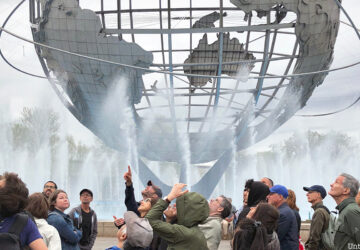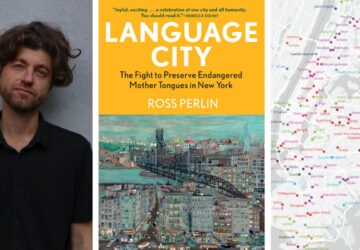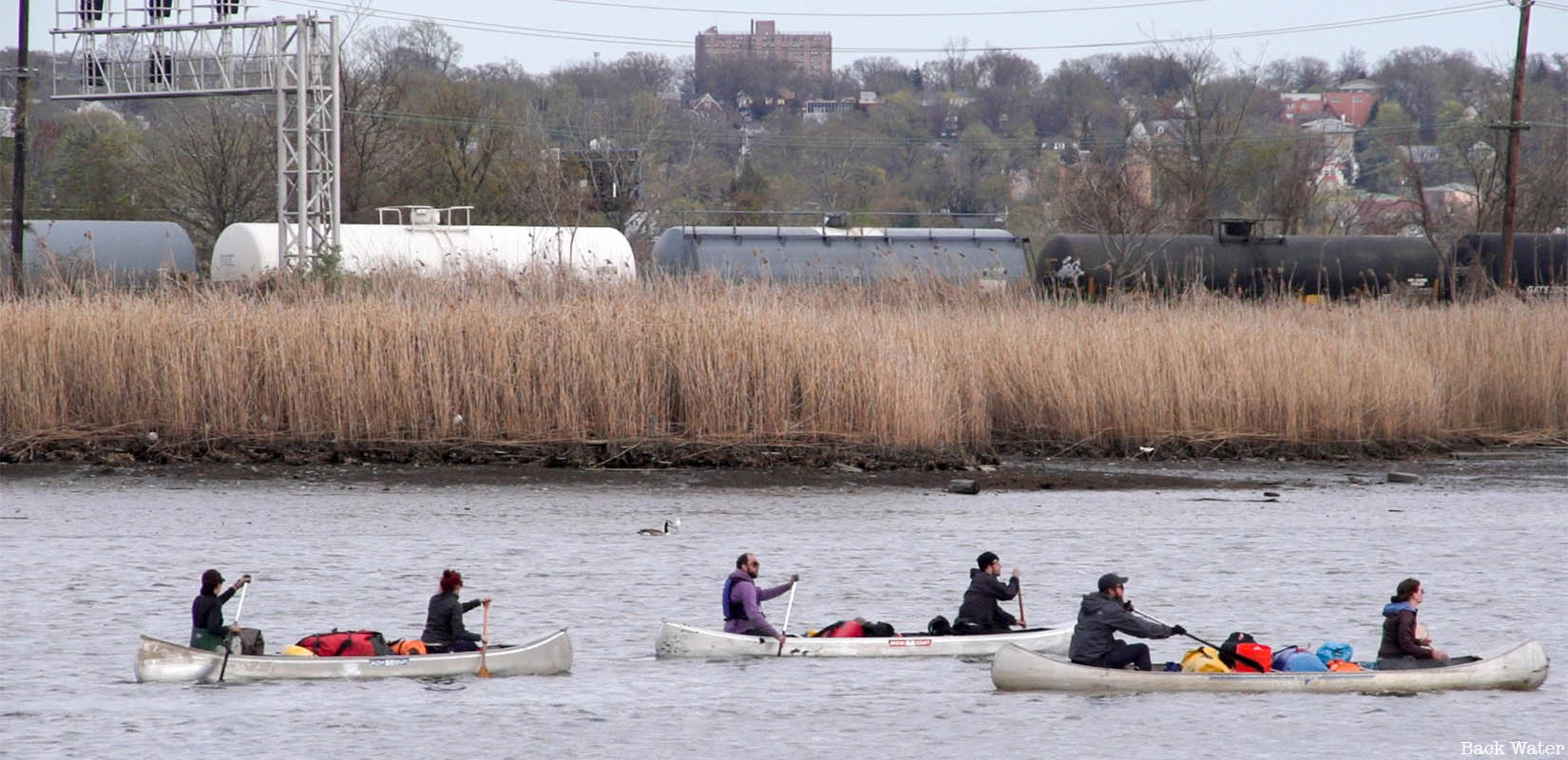In the middle of New Jersey exists a strange landscape of wetlands and wildlife migrations, garbage dumps and the ruins of industry, toxic waste sites and a river that tells the story of a civilization’s new frontier. That is what seven young people have chosen to paddle through for 10 days, in canoes… A singular expedition, as romantic as it is political.
This is how the description of the new documentary Back Water directed by Jon Cohrs, which debuted earlier this month, begins. The documentary takes viewers on a journey through the “post-apocalyptic” parts of New Jersey, from wetlands to abandoned factories, revealing the often-forgotten and dismissed sites in New Jersey, a wilderness in a post-industrial world.
“Overlooked industrial wetlands such as the New Jersey Meadowlands have become the first line of defense against rising tides and floods,” Cohrs says, “The film allows viewers to see the beauty and value of such areas even with their blights, bad smells, and invasive species while also revealing they play a vital role in protecting our cities, wildlife, and the planet itself.”
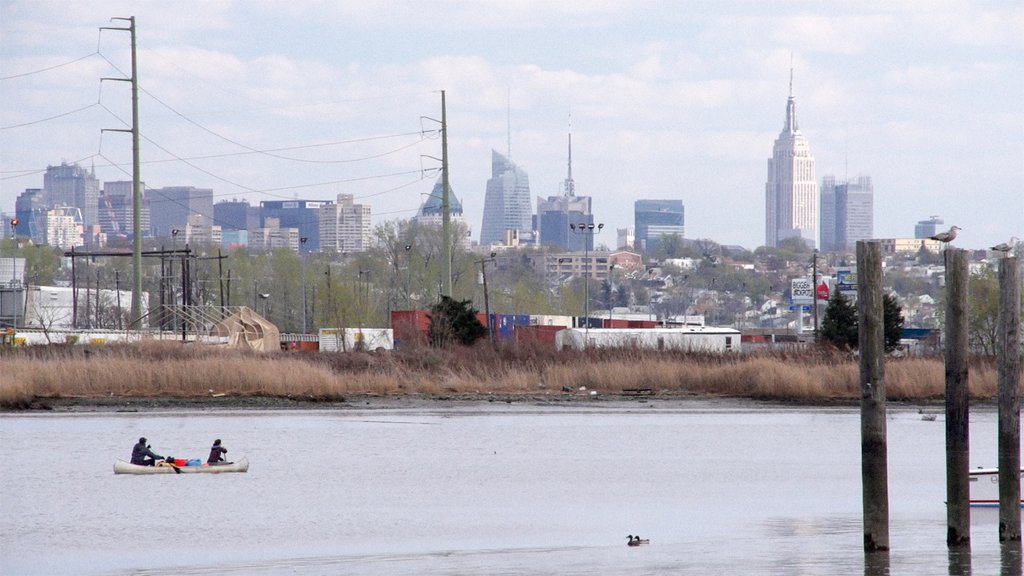 Film still courtesy Back Water
Film still courtesy Back Water
We are excited to announce that Untapped New York will be hosting a virtual screening of Back Water on May 28th at 7:30 PM, featuring a live online Q&A with Jon Cohrs. Tickets are $10 for the general public and $5 for Untapped New York Insiders. All proceeds will go to the film.
You can either purchase your ticket directly for $10 or get $5 off by becoming an Insider. We’re offering two months free membership by using the code STAYHOME. Once you’re a member, you can book this event using the discount code visible through the listing on our Insiders events page.
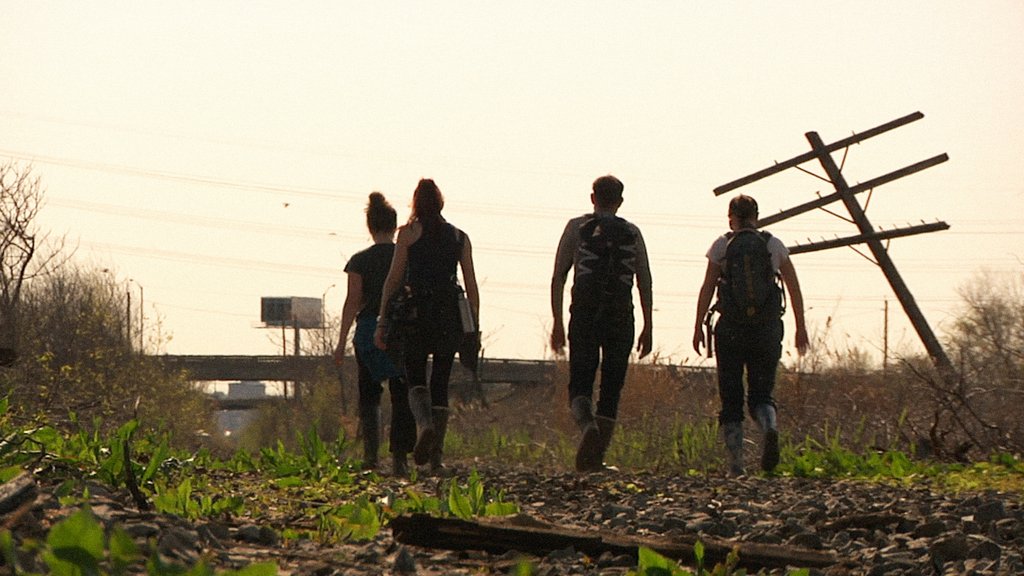 Film still courtesy Back Water
Film still courtesy Back Water
The documentary frequently pairs the works of humans with wildlife, contrasting garbage dumps with bird migrations and highways with quiet creeks. The film poses the question of what constitutes a wilderness while following seven urban dwellers as they canoe for ten days through New Jersey. The team, which included Cohrs, is confronted throughout the film with wildfires, flood-tides, toxic spills, and poachers trapping turtles. Yet throughout their adventure, the explorers are constantly reminded of the intersection of nature with the industrial works of humanity, finding themselves in strange yet beautiful places just a few miles from bustling Manhattan. The explorers consisted of people from a New Yorker contributor to a lawyer to a cook, as well as the film’s lead cameraman and sound person.
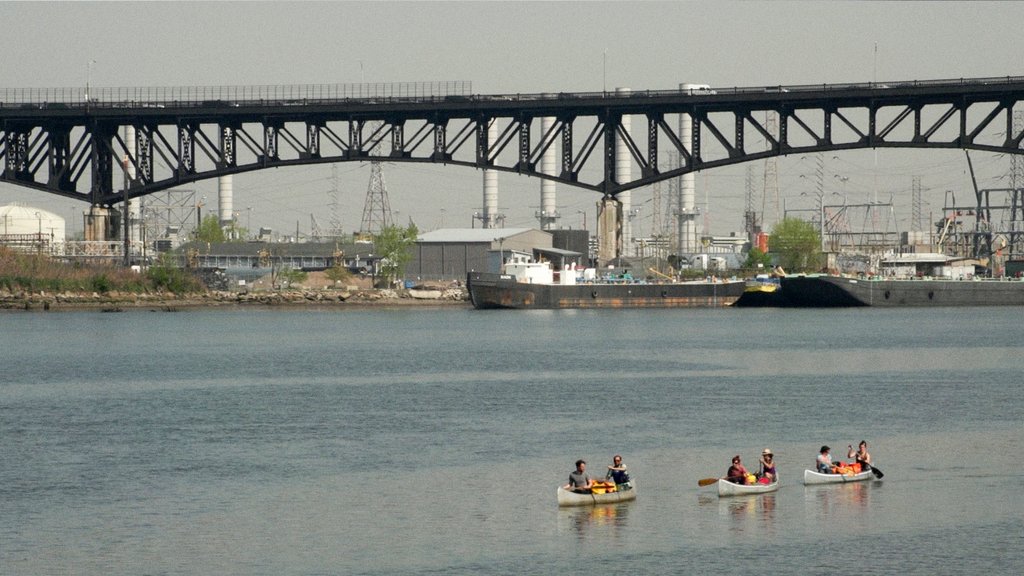 Film still courtesy Back Water
Film still courtesy Back Water
“For the great majority of people who will only ever see the New Jersey Meadowlands as they whiz by on the elevated overpasses of the New Jersey Turnpike or beyond the windows of an Amtrak train, Back Water provides viewers with a sense of awe and wonder and a new perspective on recovering wilderness areas as places of beauty, value, and necessity,” according to the Back Water team.
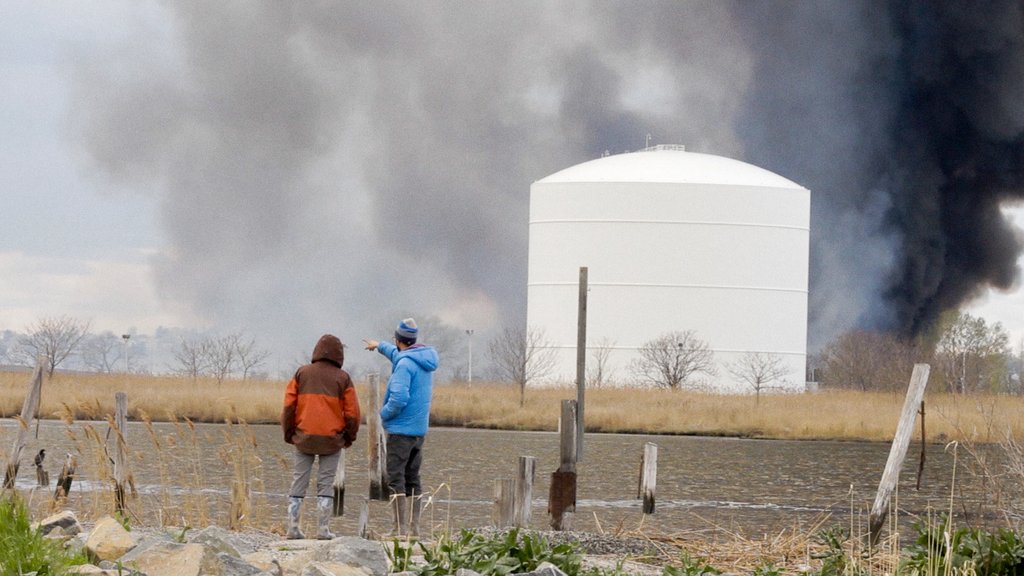 Film still courtesy Back Water
Film still courtesy Back Water
For a few years, Cohrs lived in the Alaskan backcountry working as a sea kayak guide, but after a tree fell on him during a trip to Glacier Bay, Cohrs broke 40 bones and snapped his spine. After years of medical treatment and recovery, Cohrs began to wonder whether the wilderness so near to him that is discarded or recovering has both beauty and necessity. The documentary explores a shift in perspective towards the mundane and overlooked environment in which we live and challenges many of our assumptions about the natural world. As viewers, we are forced to see “blights, bad smells, and invasive species” of the wilderness in a more positive light, these areas vital in saving habitats and cities like New York.
Join us for this special film event on May 28th! Become an Untapped New York Insider and get $5 off tickets.
